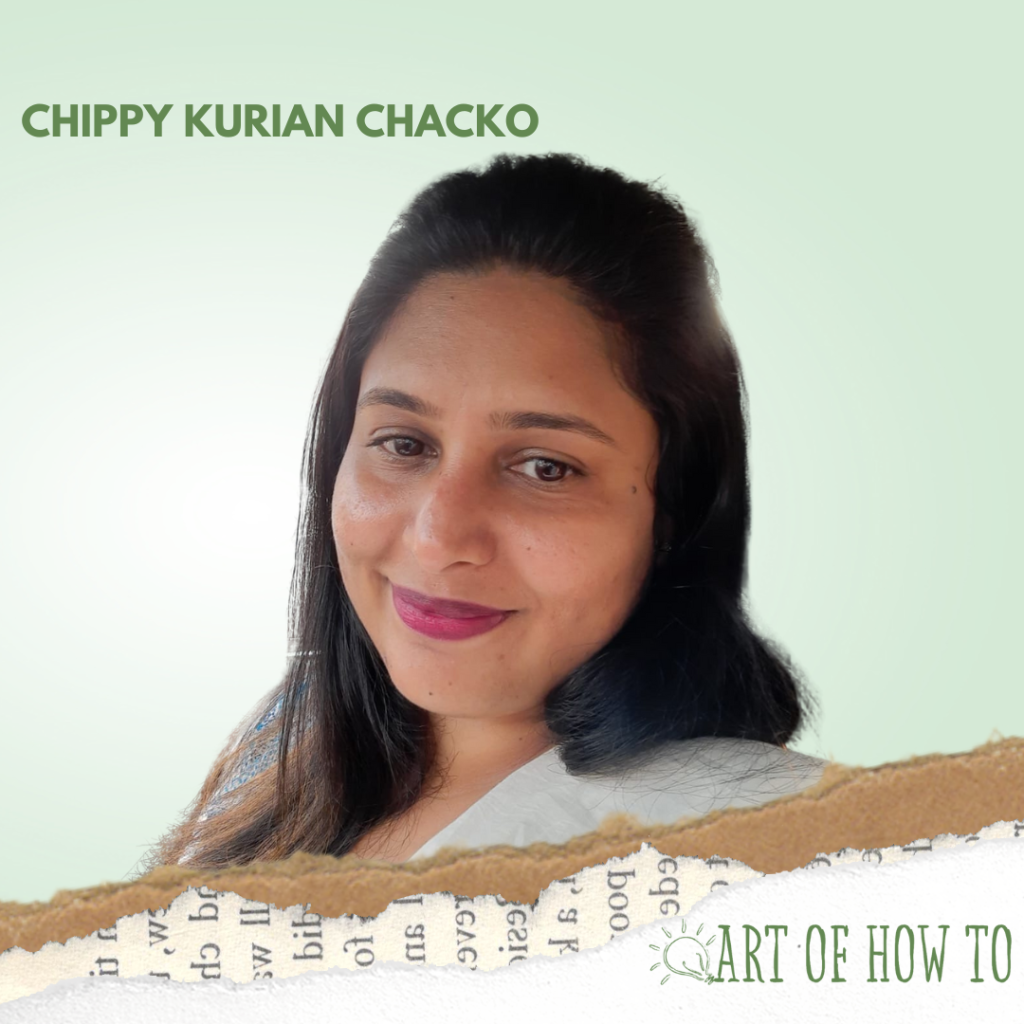
Embracing Nature
In the hustle and bustle of modern life, where technology dominates and urban landscapes prevail, it is simple to overlook the profound impact that nature can have on our mental health. Beyond its aesthetic appeal, nature is crucial in fostering emotional well-being. Here are five compelling reasons why reconnecting with nature is essential for your mental health.

1. Stress Reduction
The soothing sounds of rustling leaves, the gentle river flow, or birds’ calming chirps – nature provides a realistic remedy to the stresses of everyday life. Research consistently shows that spending time in natural environments lowers cortisol levels, the hormone associated with stress. Whether it’s a stroll through a park or a weekend getaway to the countryside, immersing yourself in nature can significantly alleviate stress and promote a sense of tranquility.

2. Improved Mood & Reduced Anxiety
Nature has a powerful impact on mood regulation and anxiety reduction. Openness to green spaces has been connected to enriched serotonin levels, the neurotransmitter associated with happiness. Moreover, spending time in natural settings has been shown to relieve signs of anxiety and depression. The simplicity of nature starkly contrasts the complexity of daily life, offering a respite for the mind and a chance to reset.

3. Enhanced Creativity & Focus
Nature has a remarkable ability to boost creativity and enhance cognitive function. Whether walking in the woods or simply gazing at a scenic landscape, exposure to nature has enhanced problem-solving skills and increased attention span. This ‘restorative’ effect allows the mind to take a break from constant stimuli, improving concentration and creativity when returning to tasks.

4. Physical Exercise In A Natural Setting
Engaging in physical activity is a well-known contributor to mental well-being. The benefits are even more pronounced when this exercise occurs in a natural setting. Whether hiking, cycling, or jogging through a park, outdoor activities promote physical health and provide a refreshing change of scenery that positively impacts mental health. The combination of exercise and nature creates a potent recipe for overall well-being.

5. Connection & Mindfulness
Nature encourages a sense of mindfulness – being fully present in the moment. Whether observing the intricate details of a flower or feeling the sun’s warmth on your skin, connecting with nature fosters a heightened sense of awareness. This mindfulness practice has numerous mental health benefits, including reduced rumination and increased well-being.
In a world where screens dominate, and concrete jungles prevail, prioritizing time in nature is crucial for maintaining mental health. Whether it’s a daily walk in the park, a weekend camping trip, or simply bringing more greenery into your living space, the benefits of reconnecting with nature are undeniable. As we navigate the challenges of modern life, let’s not overlook the simple yet profound therapy that nature provides for our minds and souls.
——

Chippy is a dreamer and optimist. She believes, we become what we hope, aspire, dream to be and knows how to make a dream or two happen. Seventeen years of experience, struggling, winning, failing, succeeding and failing again and making it, she knows what it takes to build a successful project, a business, and what it means by starting from the bottom up. It takes determination, dedication, and direction and that’s why her mission is to ‘step up & inspire.’
Follow Art Of How To Facebook Instagram Twitter LinkedIn



















































